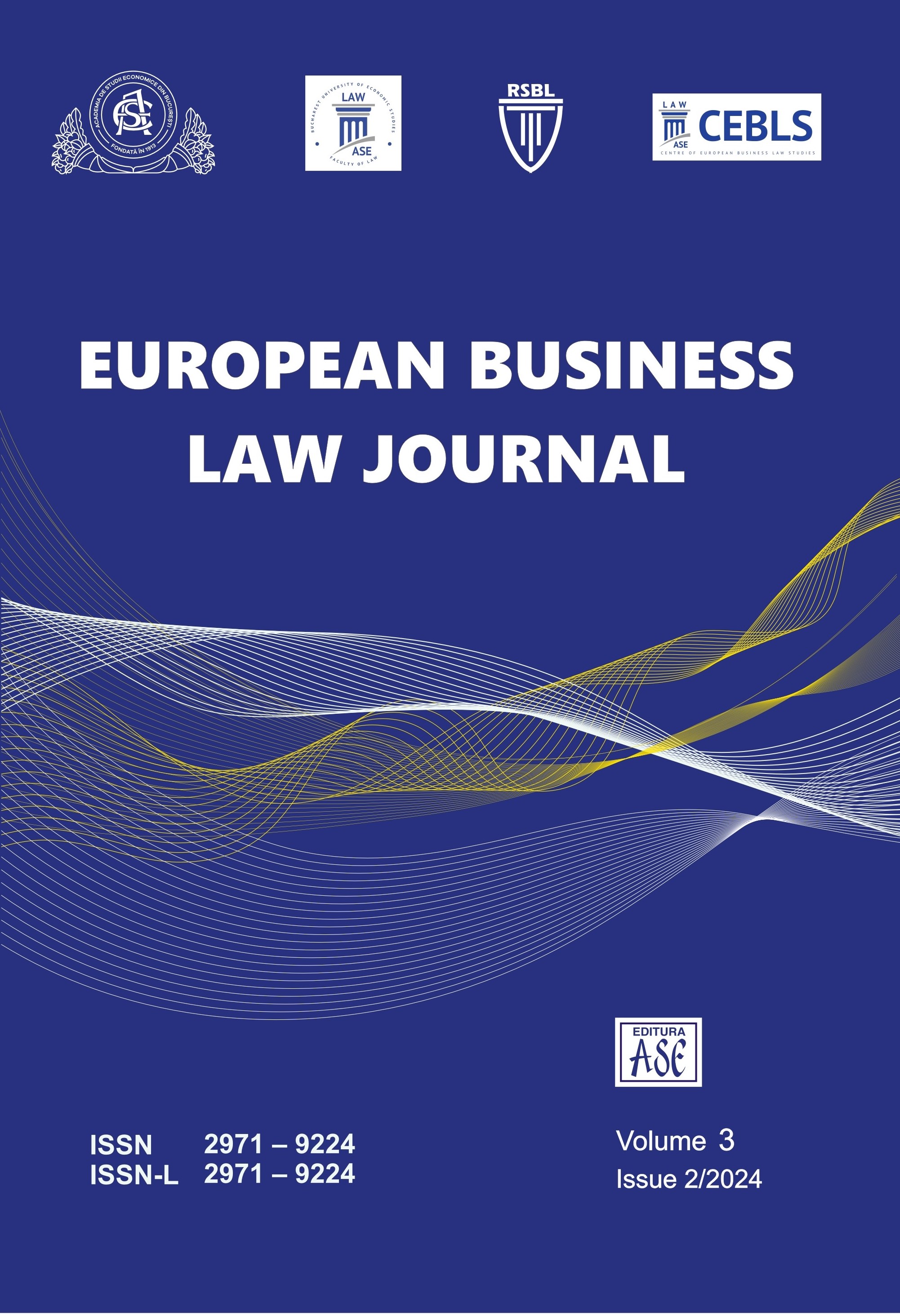Advancing Digital Transformation in European Trade: Integrating Smart Contracts with CISG and UNCITRAL Model Law on Automated Contracting
Advancing Digital Transformation in European Trade: Integrating Smart Contracts with CISG and UNCITRAL Model Law on Automated Contracting
Author(s): Larisa-Antonia CapisizuSubject(s): Law on Economics, EU-Legislation, Court case
Published by: EDITURA ASE
Keywords: smart contracts; CISG; MLAC; UNCITRAL; Model Law; automated contracting;
Summary/Abstract: A smart contract is an agreement written wholly or partially in computer code which is automatically executed on a blockchain or a distributed ledger technology (DLT). The legal nature of smart contracts has been widely debated in legal literature. This paper analyses the validity and formation of smart contracts through the lens of the United Nations Convention on Contracts for the International Sale of Goods (CISG) and the UNCITRAL Model Law on Automated Contracting, providing insights into their alignment with international legal principles. The paper concludes that a smart contract used as an international sales contract can be deemed valid under the CISG. Specifically, such a contract can satisfy the formation requirements set forth by the Convention, as it demonstrates a clear indication of the parties’ intent and fulfills the essential elements of offer, acceptance, and sufficient definite indication of the goods, price, and quantity. Moreover, the UNCITRAL Model Law on Automated Contracting has put an end to the controversy regarding the legal validity of smart contracts.
Journal: European Business Law Journal
- Issue Year: 3/2024
- Issue No: 2
- Page Range: 65-81
- Page Count: 17
- Language: English

